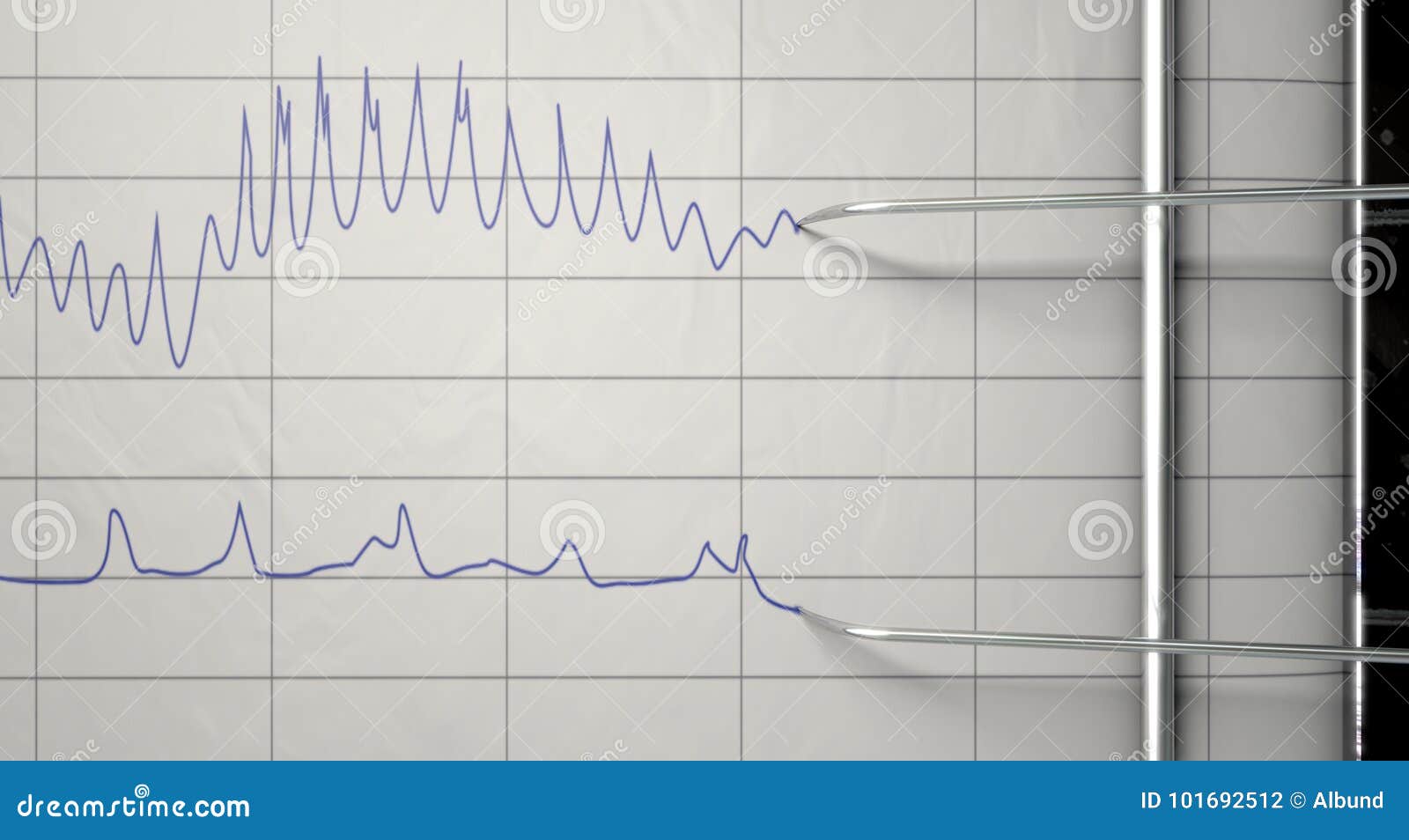The Truth Unveiled: Navigating the World of Lie Detector Tests
The Truth Unveiled: Navigating the World of Lie Detector Tests
Blog Article

Welcome to the intriguing world of lie detector tests. These tests have long captured the interest and imagination of individuals seeking to uncover the truth in various situations. Known for their ability to detect deception, lie detector tests play a significant role in legal proceedings, investigations, and even in personal relationships.
As we delve deeper into the realm of lie detector tests, it becomes essential to understand how these tests work and the complex mechanisms behind them. Also referred to as polygraph tests, lie detector tests involve the monitoring of physiological responses such as changes in heart rate, blood pressure, respiratory rate, and skin conductivity. These physical indicators can offer valuable insights into a person's truthfulness or deception during questioning.
History of Lie Detector Tests
Lie detector tests, also known as polygraphs, have a long and fascinating history. The concept of using physiological responses to determine deception dates back to ancient times, with techniques such as the use of hot irons and water to assess guilt. In the 19th century, the development of instruments to measure vital signs like blood pressure and heart rate laid the foundation for modern polygraph tests.
The first true lie detector test was invented by William Marston in the early 20th century. Marston's device measured blood pressure changes as an indicator of deception. It was later refined and popularized by John A. Larson, who integrated additional physiological measurements like respiration and skin conductivity. These early polygraphs were rudimentary compared to today's technology but marked a significant advancement in the field of detecting lies.
Lie detector tests gained notoriety during the mid-20th century, especially in law enforcement and governmental agencies. While their use in criminal investigations raised ethical concerns, polygraphs became a commonly used tool in screening processes for various professions. Despite ongoing debates about their accuracy and reliability, lie detector tests continue to be a prominent feature in the world of truth verification.
Accuracy and Controversies
When it comes to lie detector tests, accuracy is a key point of discussion. Proponents argue that polygraph tests can provide valuable insights into whether someone is being truthful. However, critics point to the limitations of these tests, highlighting instances where individuals have been wrongly accused or acquitted based on polygraph results.
One of the main controversies surrounding lie detector tests is their reliability in detecting deception. While some studies suggest that polygraph tests can be accurate to a certain extent, there is still a significant margin of error. Factors such as an individual's anxiety levels, cultural background, or even the skills of the examiner can all impact the results of a polygraph test.
Despite their widespread use in various fields such as law enforcement and employment screenings, lie detector tests remain a contentious topic. The debate around their validity and ethical implications continues to fuel discussions within the scientific community and beyond. As technology advances, researchers are exploring alternative methods of detecting deception, raising questions about the future role of polygraph tests in uncovering the truth.
Tips for Understanding Lie Detector Results
http://floridapolygraphexams.com/
When interpreting lie detector test results, it is essential to consider the context in which the test was administered. Factors such as the examinee's state of mind, physical condition, and medications taken can all influence the outcome of the test.
Another crucial point to keep in mind is the limitations of lie detector tests. While they can indicate signs of deception, they are not foolproof and should not be used as the sole basis for making important decisions. It is important to consider the results alongside other evidence and factors.
Lastly, it is recommended to seek the guidance of trained professionals when analyzing lie detector results. Experts in the field can provide valuable insights and help navigate the complexities of interpreting the test outcomes accurately.
Report this page